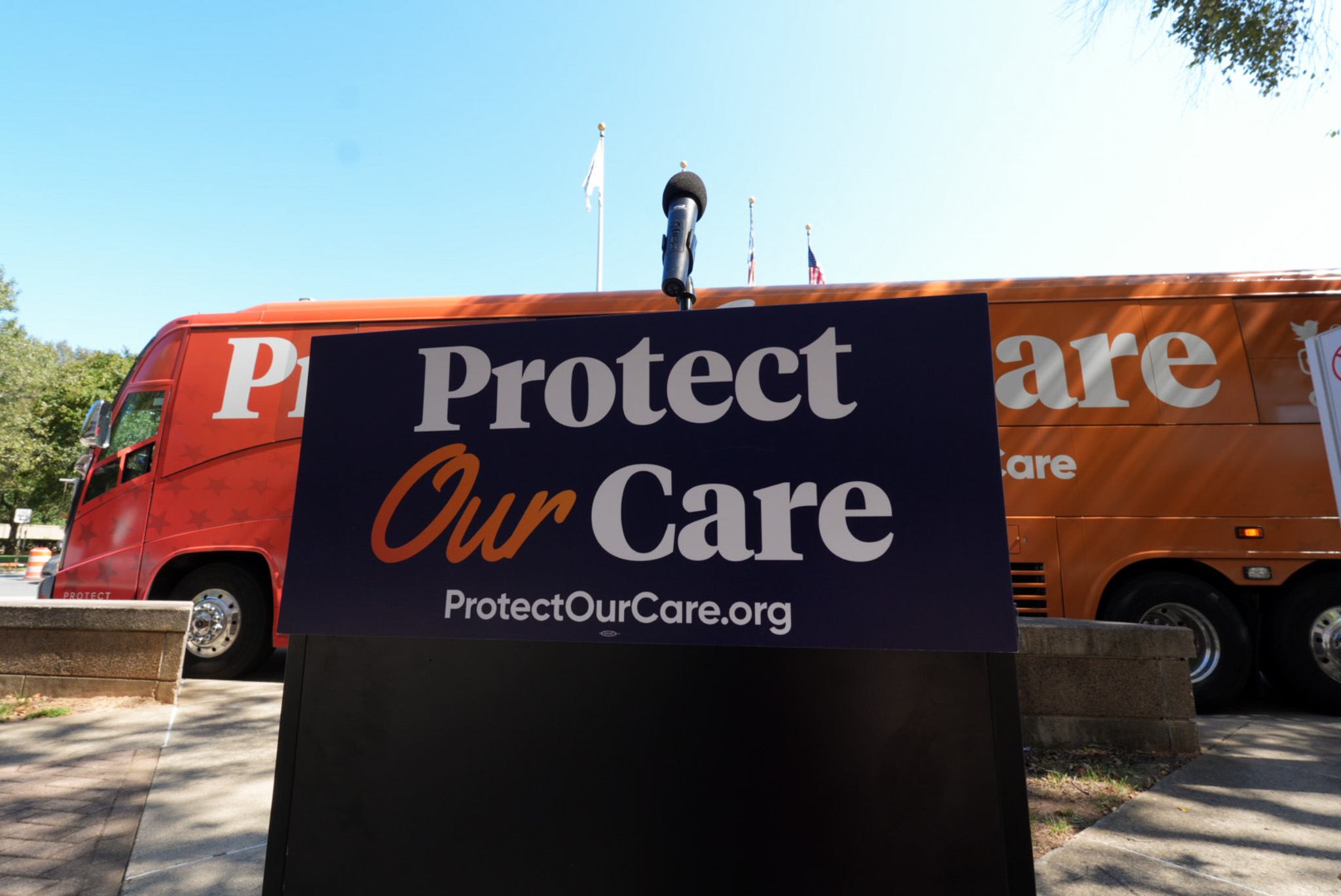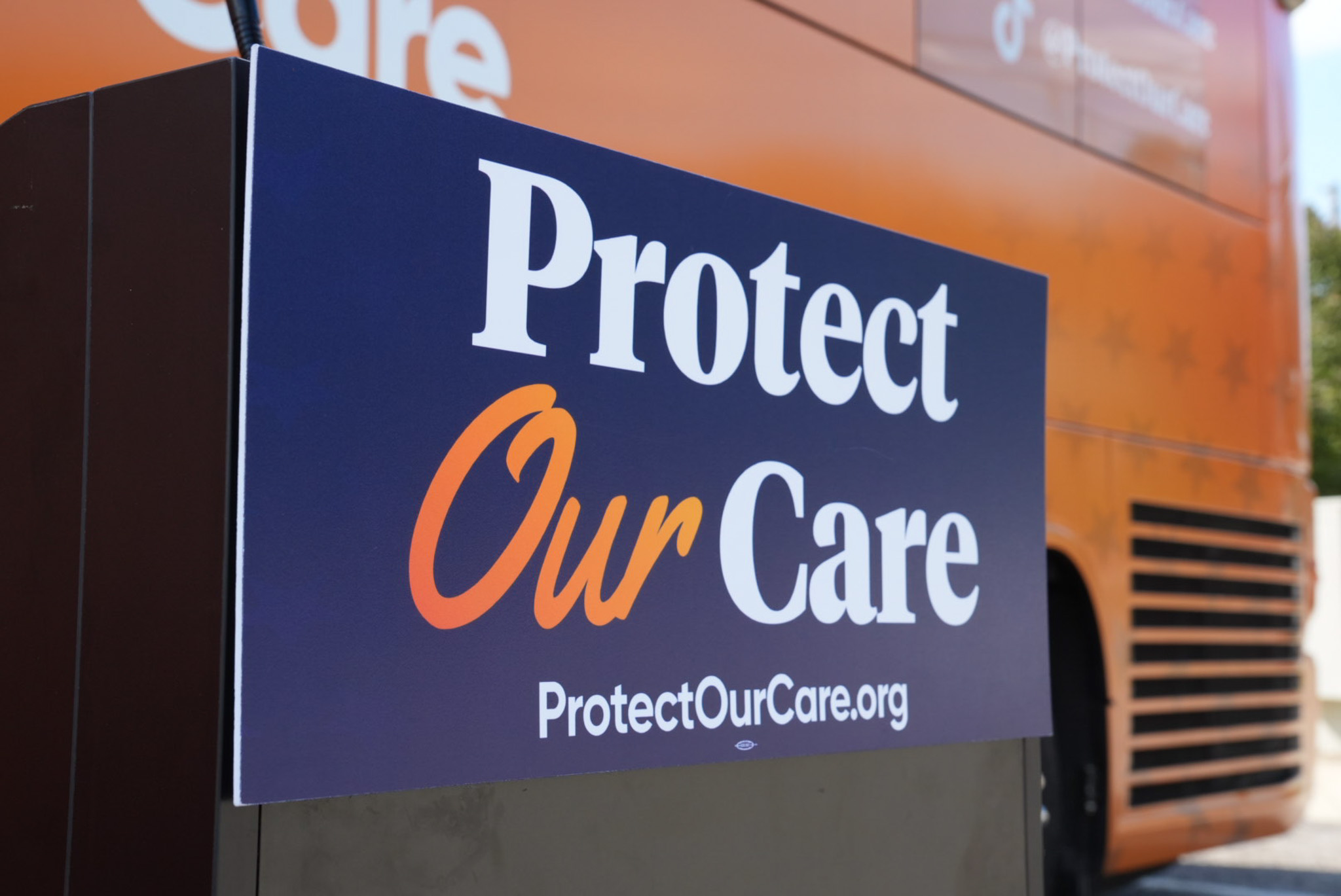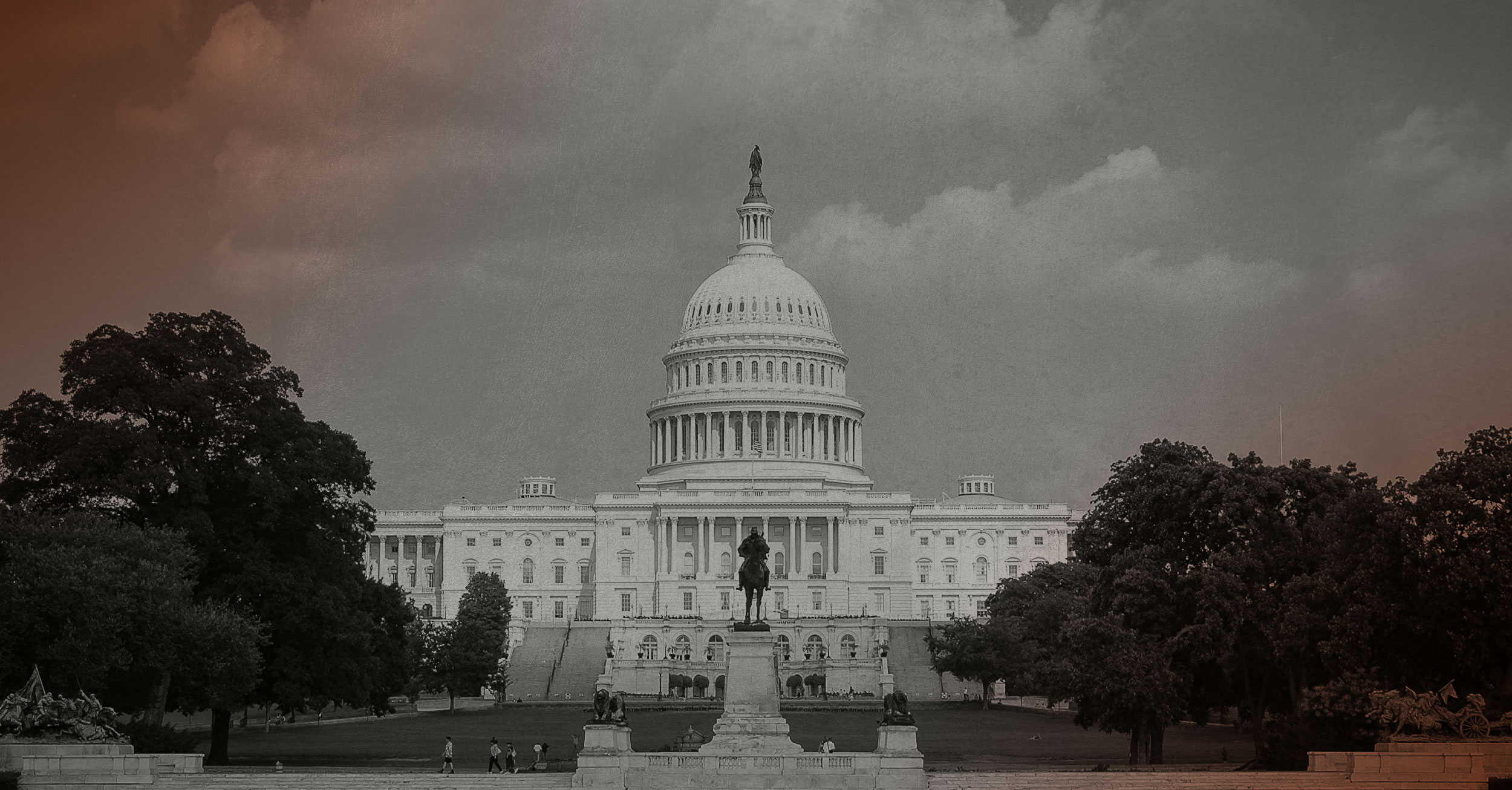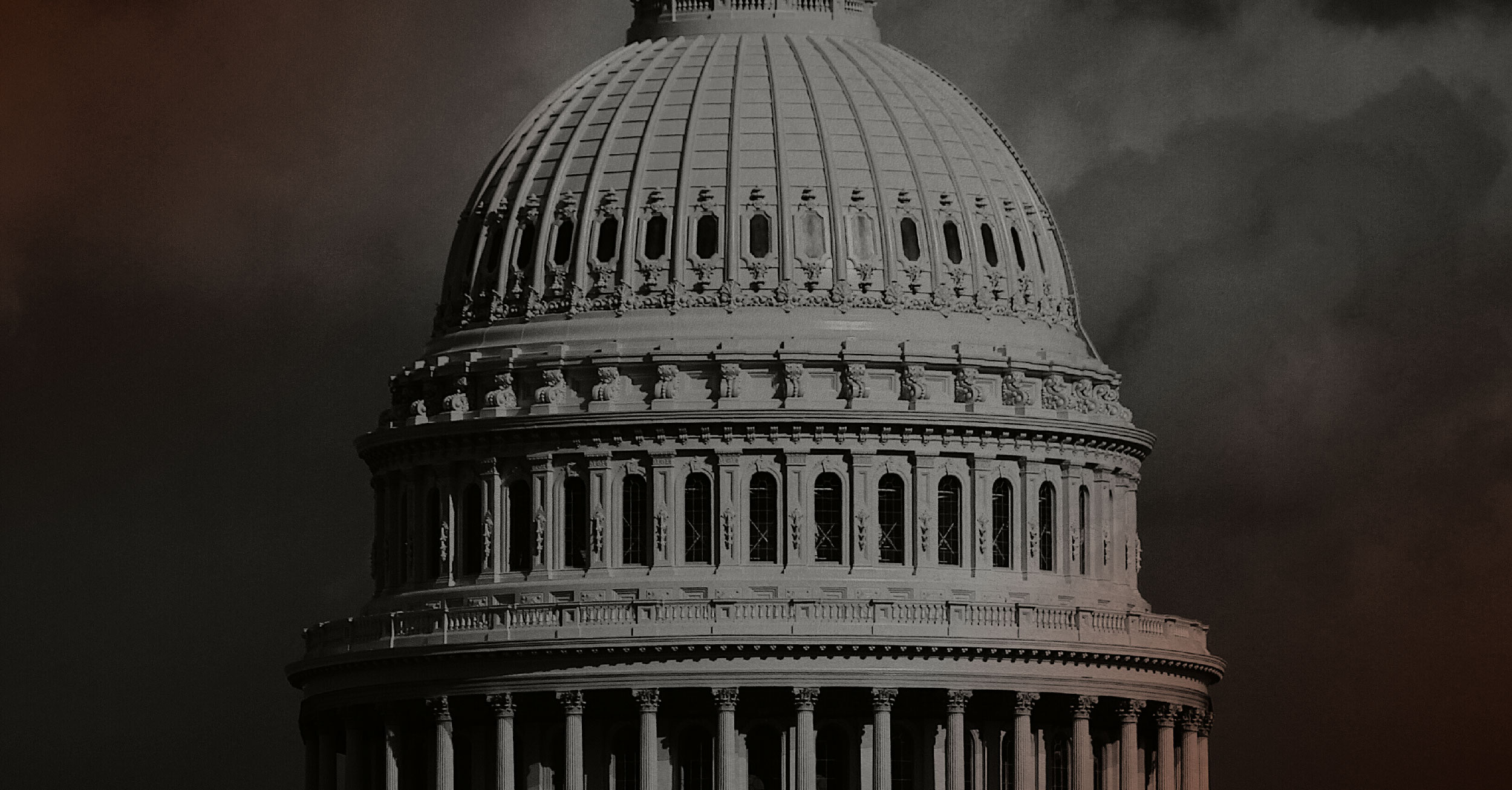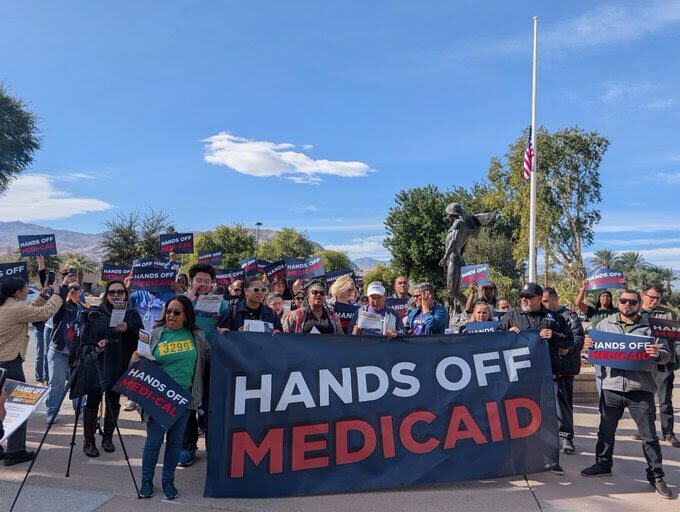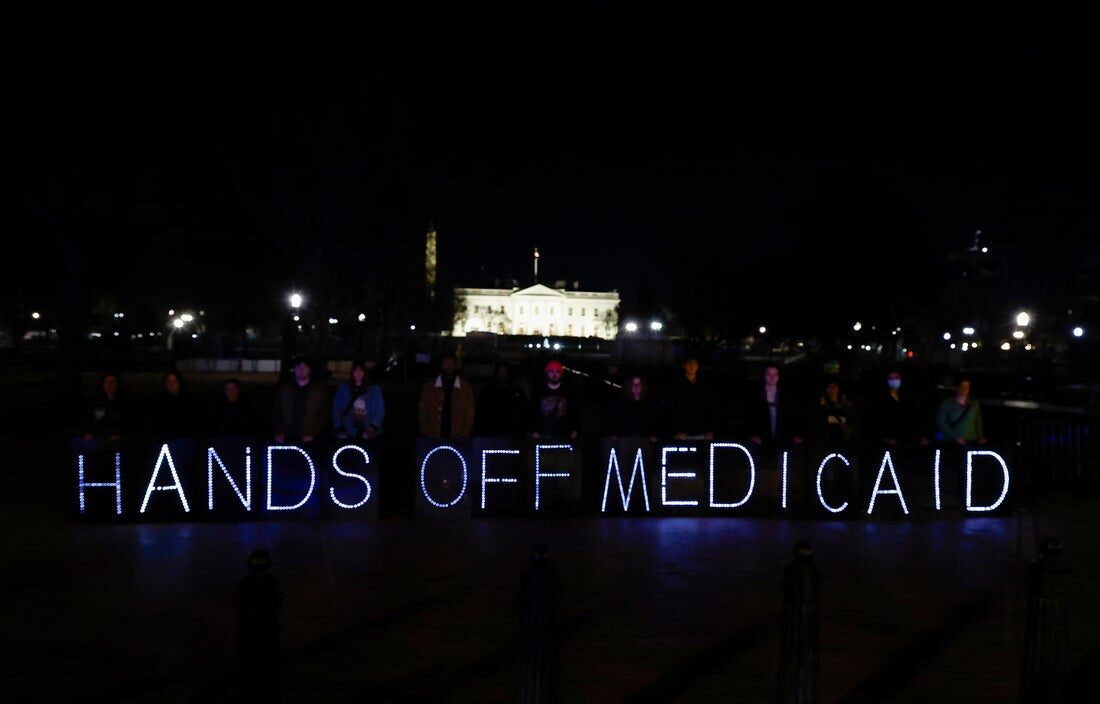
***MEDIA ADVISORY FOR MAY 15***
Senate Democratic Leader Schumer, U.S. Senators Klobuchar, Baldwin, Smith, Welch, and Alsobrooks and House Democratic Leader Jeffries Headline National Events, While U.S. Reps. Tonko, Clark, McClellan, and Morrison Join Events in NH, NY, MN, and VA
Today, Protect Our Care is holding events across the country to call out Republicans’ budget bill which slashes billions from Medicaid. The bill rips health care away from millions of Americans, so Trump and the GOP can fund tax breaks for the wealthy and large corporations. Just yesterday, House Republicans in the Energy and Commerce and Ways and Means Committees advanced their legislation, bringing Republicans closer to enacting the largest Medicaid cuts in history. Republicans’ Medicaid cuts will take lifesaving care away from children, seniors, people fighting addiction or cancer, and so many more. At the same time, they’re targeting key provisions of the ACA and taking away tax credits, which will cause premiums to skyrocket for middle-class families. Republicans’ bill will throw millions of Americans off their health care, raise costs, force hospitals to close, push seniors out of nursing homes, and make health care unaffordable and inaccessible for millions of working families – all so Trump and his Republican allies can give tax breaks to billionaires and big corporations.
NATIONAL
WHO:
Senate Democratic Leader Chuck Schumer (D-NY)
Senator Amy Klobuchar (D-MN)
Senator Tammy Baldwin (D-WI)
Senator Tina Smith (D-MN)
Senator Peter Welch (D-VT)
Senator Angela Alsobrooks (D-MD)
Leslie Dach, Chair of Protect Our Care
WHAT: Virtual Press Conference
WHERE: RSVP here
WHEN: Thursday May 15 at 11 AM ET
WHO:
House Democratic Leader Hakeem Jeffries
Elena Hung, Little Lobbyists
Germán Parodi, Health Care Advocate (ADAPT)
Elizabeth Booker, Health Care Advocate
Leslie Dach, Protect Our Care
WHAT: Virtual Round Table
WHERE: Watch Live on Protect Our Care’s Facebook, YouTube, or Twitter pages
WHEN: Thursday May 15 at 3 PM ET
NEW HAMPSHIRE
WHO:
Sam Burgess, Esq. Health Care Policy Coordinator, New Futures
Christin H. D’Ovidio Founder, Principal & Artist, Putney Consulting LLC
POC New Hampshire
WHAT: E&C Markup Event with Policy Experts and Advocates (Advisory)
WHEN: Thursday, May 15, 2025, at 9:00 AM ET
WHERE: Via Zoom (Registration required)
NEW YORK
WHO:
Congresswoman Yvette Clarke (NY-09), Energy & Commerce Committee
Congressman Paul Tonko (NY-20), Energy & Commerce Committee
Healthcare advocates and storytellers
WHAT: E&C Markup Event with Congressmembers Paul Tonko, Yvette Clarke, and Health Care Advocates (Advisory)
WHEN: Thursday, May 15, at 11:30am
WHERE: Via Zoom (Registration required)
MINNESOTA
WHO:
Congresswoman Kelly Morrison (MN-03)
Alicia Schaupp
Raeanne Mackinen-Brown
Trent Andersen, Protect Our Care Minnesota
WHAT: E&C Markup Event with Congresswoman Kelly Morrison and Health Care Advocates (Advisory)
WHEN: Thursday, May 15 at 12 PM CT
WHERE: Via Zoom (Registration required)
VIRGINIA
WHO:
Congresswoman Jennifer McClellan (VA-04), Energy & Commerce Committee
Ashley Kenneth, President of The Commonwealth Institute for Fiscal Analysis
Jamie Lockhart, Executive Director of Planned Parenthood Advocates of Virginia
Jessica Lazerov, MD, MBA, pediatrician from Fairfax
Tony Hedgepeth of Richmond, Medicaid-funded home care worker and member of SEIU Virginia 512
Andrew Daughtry of Henrico County, Virginian who relies on Medicaid for health care
Katie Baker, Protect Our Care Virginia
WHAT: E&C Markup Event with Congresswoman Jennifer McClellan and Health Care Advocates
WHEN: Thursday, May 15 at 2:30 p.m.
WHERE: Via Zoom (Registration required)

